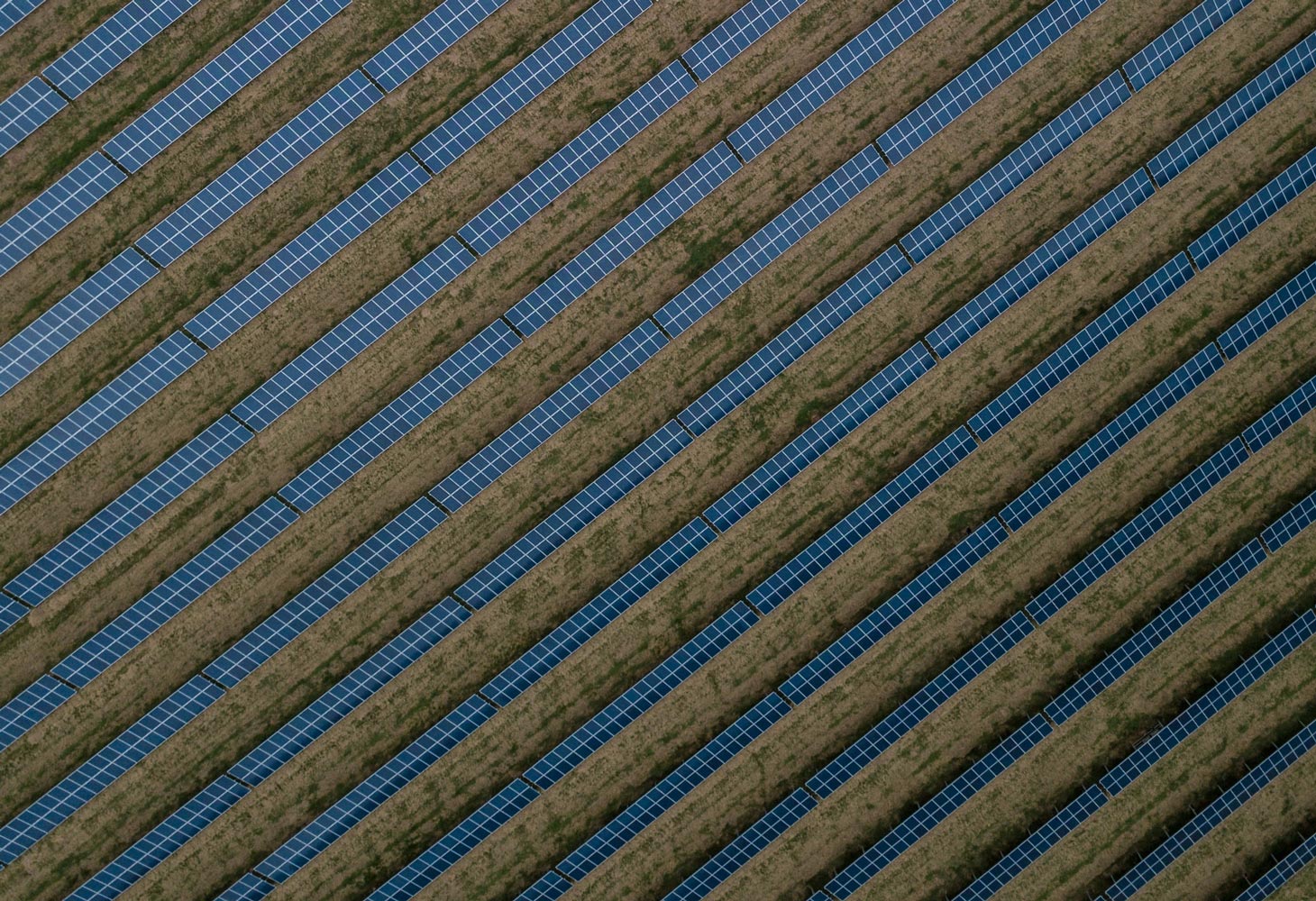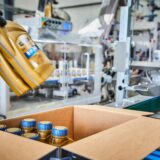
Fuchs Group lowers global carbon footprint by more than 8%
German independent lubricant manufacturer, Fuchs Group, which operates globally in the lubricants industry, says it has reduced its global carbon footprint by more than 8% in 2020. It achieved this by converting its entire European electricity consumption in 2020 to 100% green energy.
Since the start of 2020, all manufacturing subsidiaries of the Fuchs Group have been carbon-neutral gate-to-gate, the company says. This means that all emissions associated with the production and operating activities of the Fuchs Group have been carbon neutral since 2020. “This includes all direct and indirect emissions within the gates of our Fuchs manufacturing subsidiaries through energy and water consumption, waste generation as well as fleet operation, travelling and our employees commuting to work,” says Markus Garb, vice president of Sustainability.
To compensate for unavoidable emissions, Fuchs is investing in six certified climate protection key projects each year. However, based on the principle “Avoid – Reduce – Compensate,” compensation through the purchase of climate protection certificates is only the last option in achieving carbon neutrality. Fuchs is continuously working on reducing its corporate emissions.
An important step was in converting the power supply in all European subsidiaries to green energy for 2020 and 2021.
“We achieved this by purchasing “guarantees of origin” for energy generation with a volume of just over 40 gigawatt hours (GWh) from a European wind power plant. By doing this, all our electricity consumption of the European sites will be covered by renewable energy in 2020 and 2021, and is therefore carbon-neutral to our corporate carbon footprint. We are particularly proud that, with this step alone, we were able to reduce our corporate carbon footprint for 2020 by more than 8% worldwide,” says Garb. “This is a key element of our Fuchs neutrality strategy, in which we aim to continuously lower our specific energy consumption while, at the same time, increasing the use of “green” energy (regeneratively produced energy) worldwide.”
Fuchs has also taken significant steps towards producing its own energy at selected Fuchs sites. Fuchs operates numerous plants and warehouses worldwide with a large roof area that can be used for the installation of solar panels. That’s exactly what has recently happened in Castellbisbal, Spain. An installation covering 1,650 square meters with an installed power of 335 kilowatt peak was built on the roofs of several warehouses. “We will be able to cover around 43% of our annual power consumption with the new solar system,” says Eladio Cuadrado, managing director of Fuchs in Spain.
Fuchs companies in Australia, India, South Africa and the UK already operate solar panels, and more are being planned.
By 2025, the company aims to sell carbon-neutral products (cradle-to-gate) to its customers. This means that suppliers and their raw materials will also be included. The company adds that it will be able to process more sustainable raw materials for carbon-neutral products in the future.
To this end, standards are currently being developed together with partners and associations in order to quantify and record sustainability along the entire value chain.













